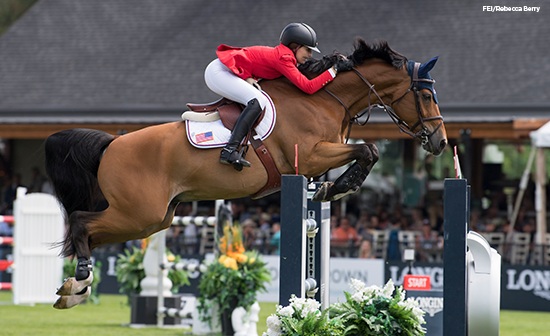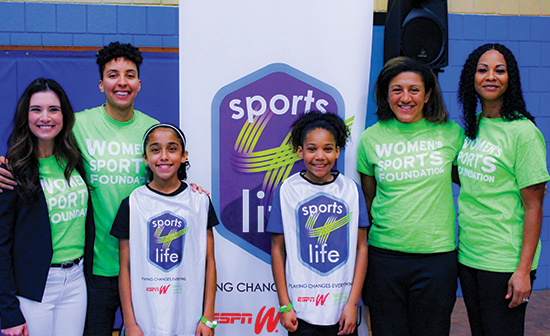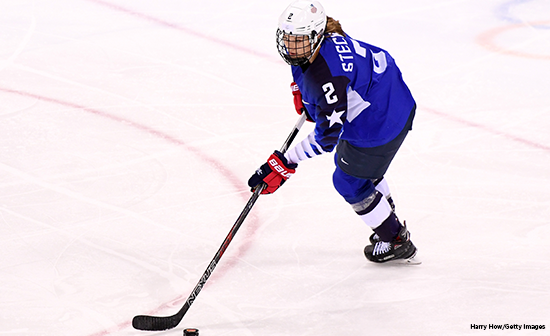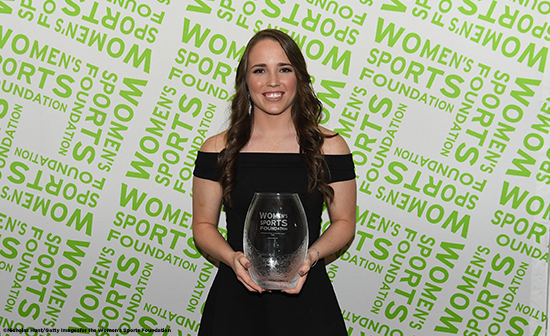Bruce Arians
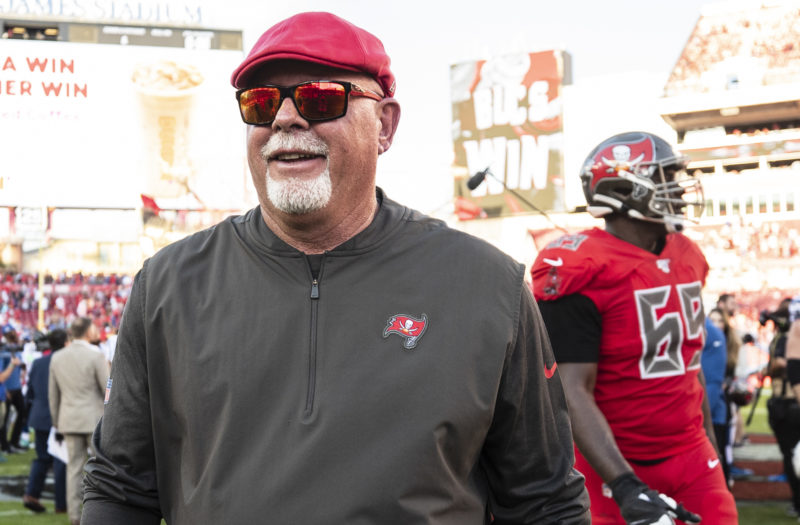
Under the leadership of head coach Bruce Arians, the Tampa Bay Buccaneers franchise has grown into one of the most inclusive and diverse organizations in the NFL. At its helm, Arians has fostered inclusion not just on the field — where he has assembled the most gender diverse coaching staff in the league — but also at the grassroots level, where he leads the organization in creating opportunities in football for girls in the Tampa Bay area and across the country.
Hired in January 2019 after serving as the Arizona Cardinals head coach from 2013-2017, Arians was quick to bring the same culture he had created in Arizona to Tampa Bay. While with the Cardinals, Arians made history by hiring Dr. Jen Welter, the first woman to coach in the NFL, as a training camp and preseason coaching intern.
With the Buccaneers, Arians has taken his commitment to progress even further. Under his team mentorship and the organization’s leadership, Tampa Bay became the first in NFL history to hire two female coaches in full-time assistant roles — Maral Javadifar and Lori Locust serve as assistant strength and conditioning and assistant defensive line coaches, respectively. Additionally, the Buccaneers recently hired Jacqueline Davidson as director of football research, further diversifying the team’s front office staff.
Throughout his career, Arians has held the belief that everyone deserves a seat at the table, and that it is well past time to dismantle the diversity problem in NFL coaching, which has historically been largely occupied by white men. Case in point, the Buccaneers are the only NFL franchise to have three coordinator positions, as well as the role of assistant head coach, filled by minority coaches.
Arians’ influence also extends to the grassroots level, where he is ensuring that the next generation of girls grow up in a world in which they are welcomed in the traditionally male-dominated sport of football. This year, the Buccaneers hosted the second annual Girls High School Flag Football Preseason Classic, the largest girls flag football competition in the country. The team has also implemented girls flag football curriculum into local communities, including establishing the Jr. Buc’s Girl’s Flag Football League to help grow the game at the youth level.
Arians’ coaching accolades speak for themselves. He is a two-time Associated Press NFL Coach of the Year, earning the award in 2012 (Indianapolis Colts) and in 2014 (Arizona Cardinals). He is the only coach in NFL history to earn the award multiple times in a three-year span with different teams, and is one of only 12 coaches in NFL history to win the award multiple times.
Arians joins John Burke, the president and CEO of Trek Bicycle Corporation, as the two recipients of the Women’s Sports Foundation Champion for Equality award, which began in 2019.

